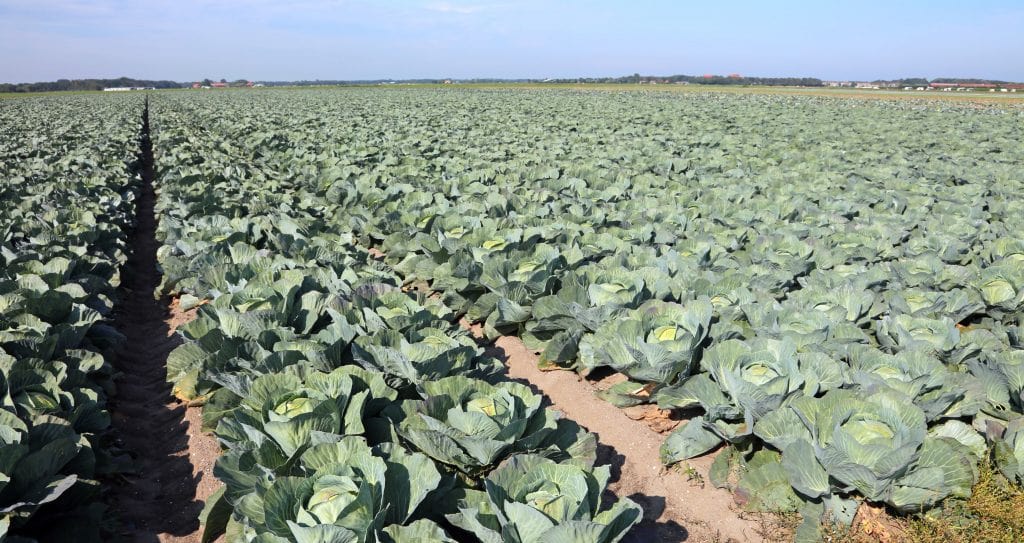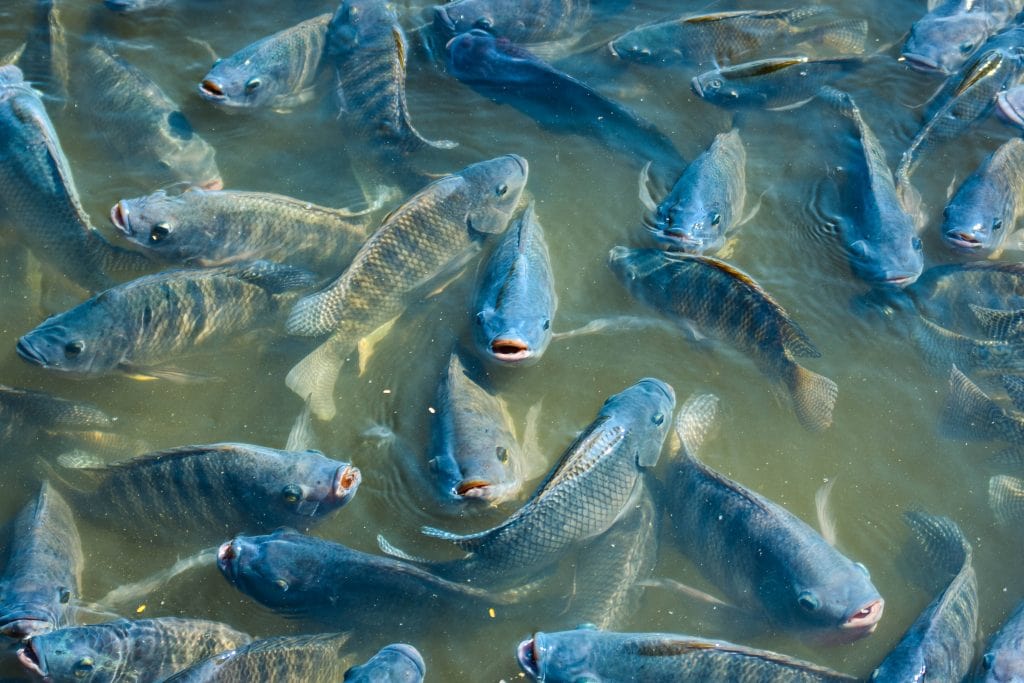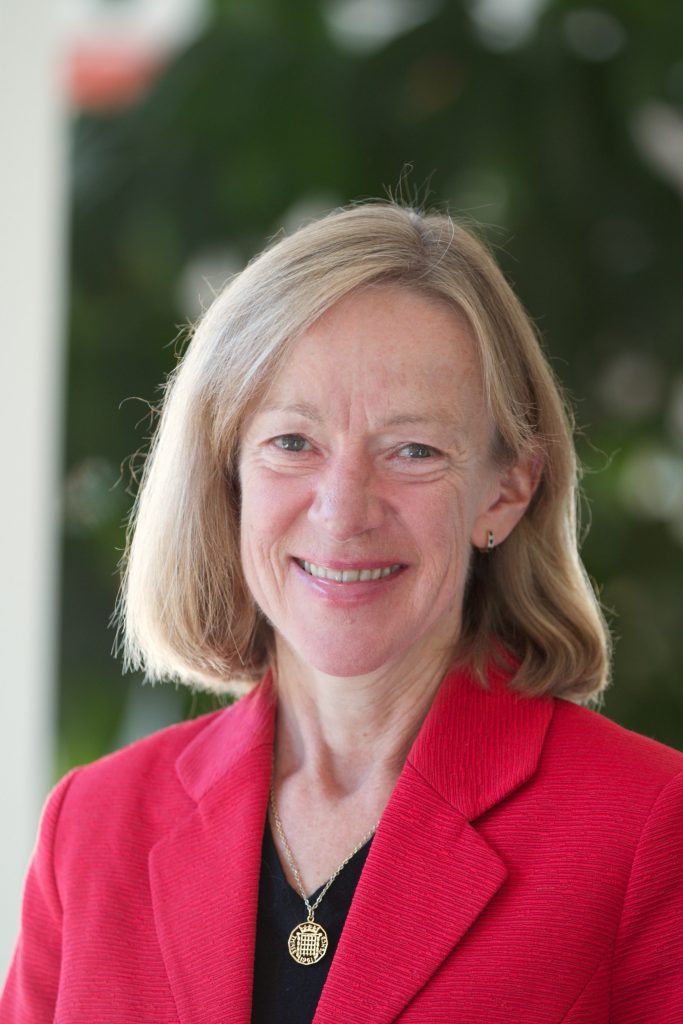Chapter 9. Fighting food waste a challenge and an opportunity
Towards a circular food chain
By Liz Goodwin
“It’s inspiring to see examples of business and others who are developing solutions – whether it’s working with farmers to increase productivity and resilience or working on their supply chains to increase efficiency through to technical innovations and the development of new foods.”
As we’ve seen, the world faces significant challenges in ensuring a sustainable food system for the future. If the global population increases to nearly 10 billion by 2050, we will need around 56% more food. The growth in middle classes means there will be increased demands for resource-intensive meat and dairy. Already, around half of the world’s vegetated land is used for agriculture and, if we want to feed this growing population without using more land, we need to save an area of forests nearly twice the size of India. At the same time, we must reduce emissions from agriculture by about two-thirds. Agriculture currently accounts for around a quarter of all allowable greenhouse gas emissions for all sectors. If unchecked, it could increase to 70% of the of economy-wide ‘carbon budget’ for limiting global warming to below 2°C. Such an increase is inconceivable and would have dire effects.
Managing these challenges will require a mix of strategies, including reducing demand, increasing productivity and yields, protecting ecosystems, increasing fish supplies and reducing emissions from agricultural production. Tackling food waste is an important part of helping to reduce demand for food, making it a vital part of the overall strategy for feeding the world in a sustainable way. We know that tackling food loss and waste is not simple. There is no silver bullet. Making in-roads toward achieving the global goal of halving food loss and waste by 2030 will require lots of actions by millions of players – all the organisations working in the production, manufacture, supply and retail of food, as well as all of us as householders and consumers.
It’s encouraging to see increasing efforts being made by businesses and other organisations as illustrated by this report. They will make a difference. However, let’s not forget that the biggest issue in many countries, including the UK, is household food waste.
We are increasingly aware of the impact our food system has on the world – the staggering amounts of water, land and other resources which are used. It must be wrong for us to then throw food in the bin because we bought too much, forgot to use it or cooked too much and then didn’t use the leftovers. We can all do something about that – by better planning, management and use of our food. We might think that our individual actions are insignificant but, together, they will make the difference. We all need to care more about our food and look after it as a precious resource. Businesses and other organisations are showing us the way.
Liz Goodwin is the World Resource Institute’s first Senior Fellow and Director, Food Loss and Waste. She is also chair of the London Waste and Recycling Board and is a former chief executive of WRAP.
Click to download the full report
Pelican Communications is a specialist in the environment & CSR, food, packaging & logistics and trade association sectors and offers a range of services such as strategy, design, content creation, public relations and people development.
Contact us for marketing and communications expertise.


